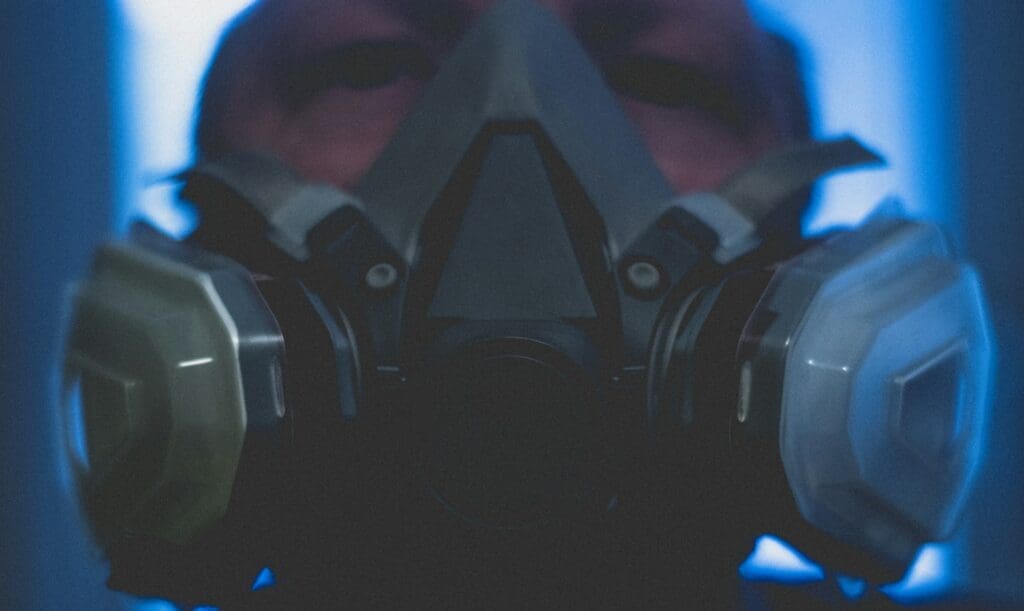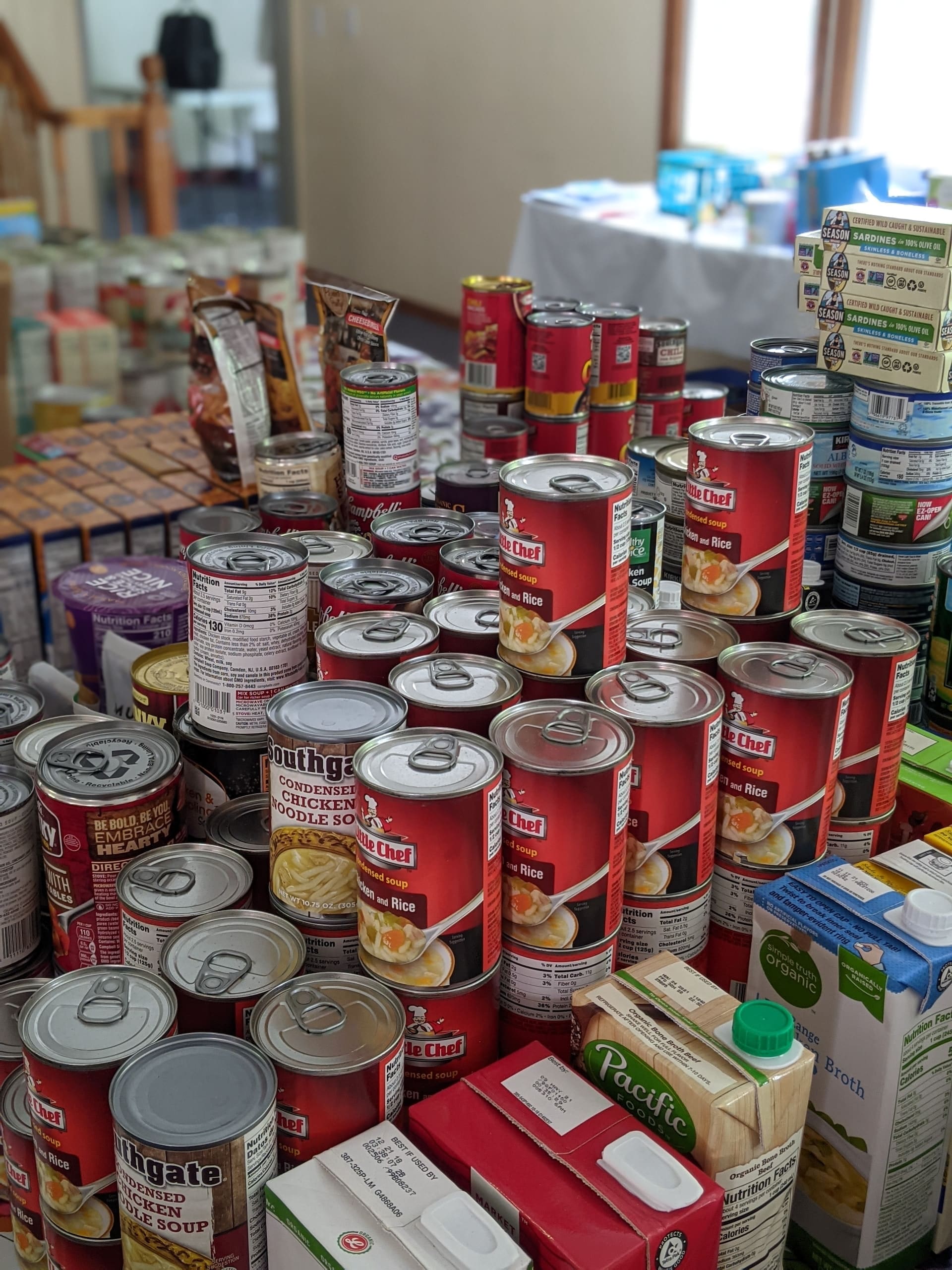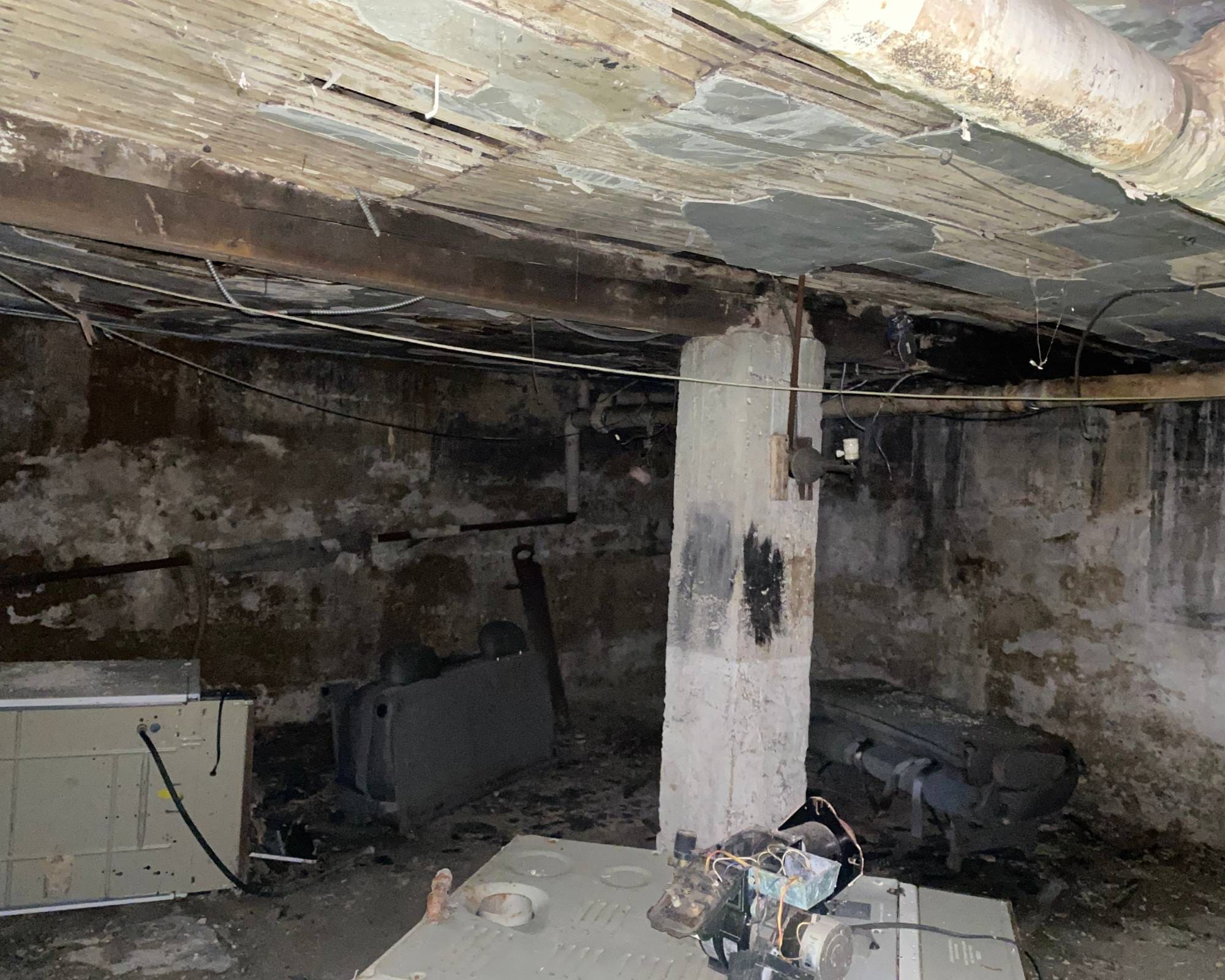Where environmental hazards and health risks are increasingly prevalent, the significance of professional hazardous materials (hazmat) cleaning cannot be overstated. As a property restoration company, we understand the critical role that hazmat cleaning plays in safeguarding public health and ensuring the safety of both residential and commercial spaces. This article delves into the importance of hazmat cleaning, its various applications, and the reasons why it should always be entrusted to trained professionals.
Understanding Hazmat Cleaning
Hazmat cleaning refers to the process of identifying, containing, and safely removing hazardous materials from an environment. These materials can range from biological contaminants and chemical spills to radioactive substances and other potentially dangerous elements. The primary goal of hazmat cleaning is to restore affected areas to a safe and habitable condition, minimizing health risks and environmental impact.
The Risks of Hazardous Materials
Exposure to hazardous materials can lead to severe health consequences, including respiratory issues, skin irritations, and even long-term illnesses such as cancer. Moreover, these substances can pose significant environmental risks, contaminating soil and water sources if not properly managed. The potential for immediate and long-term harm underscores the importance of professional hazmat cleaning services.
Common Scenarios Requiring Hazmat Cleaning
- Industrial accidents and chemical spills
- Biohazard incidents (e.g., crime scenes, trauma sites)
- Mold infestations
- Asbestos removal
- Lead paint abatement
- Sewage backups
- Laboratory incidents
The Importance of Professional Expertise
While it may be tempting for property owners to attempt hazmat cleaning themselves, this approach can be extremely dangerous. Professional hazmat cleaners undergo rigorous training and certification processes to handle these materials safely. They are equipped with the necessary protective gear, specialized cleaning agents, and advanced equipment to effectively neutralize and remove hazardous substances without putting themselves or others at risk.
The Hazmat Cleaning Process
1. Assessment and Planning
Professionals begin by thoroughly assessing the affected area to identify the type and extent of contamination. This information is used to develop a comprehensive cleaning plan.
2. Containment
The contaminated area is isolated to prevent the spread of hazardous materials to unaffected regions. This often involves setting up physical barriers and implementing air filtration systems.
3. Removal and Cleaning
Using appropriate techniques and equipment, the hazardous materials are safely removed and disposed of according to regulatory guidelines. The affected area is then thoroughly cleaned and decontaminated.
4. Decontamination
All equipment and personnel involved in the cleaning process undergo decontamination to prevent cross-contamination.
5. Testing and Verification
After cleaning, the area is tested to ensure that all hazardous materials have been successfully removed and that the environment is safe for reoccupation.
Legal and Regulatory Compliance
Hazmat cleaning is subject to strict regulations set by agencies such as the Occupational Safety and Health Administration (OSHA) and the Environmental Protection Agency (EPA). Professional hazmat cleaning services ensure compliance with these regulations, protecting property owners from potential legal liabilities and ensuring that all waste is disposed of in an environmentally responsible manner.
The Role of Technology in Hazmat Cleaning
Advancements in technology have significantly improved the efficiency and effectiveness of hazmat cleaning. From advanced personal protective equipment (PPE) to sophisticated detection and neutralization tools, these technological innovations enable hazmat professionals to handle increasingly complex scenarios with greater safety and precision.
Preventive Measures and Education
While professional hazmat cleaning is crucial in addressing existing contamination, prevention plays an equally important role. Property owners and managers should be educated about potential hazards, proper storage and handling of hazardous materials, and the importance of regular inspections. This proactive approach can significantly reduce the risk of hazardous incidents and the need for extensive cleaning operations.
Ensure Health
The importance of professional hazmat cleaning in ensuring safety and health cannot be overstated. As environmental concerns continue to grow and our understanding of hazardous materials evolves, the role of specialized cleaning services becomes increasingly vital. By entrusting hazmat cleaning to trained professionals, we not only protect our immediate health and safety but also contribute to the long-term well-being of our communities and the environment. Remember, when it comes to hazardous materials, safety should always be the top priority, and professional expertise is the key to achieving it.




